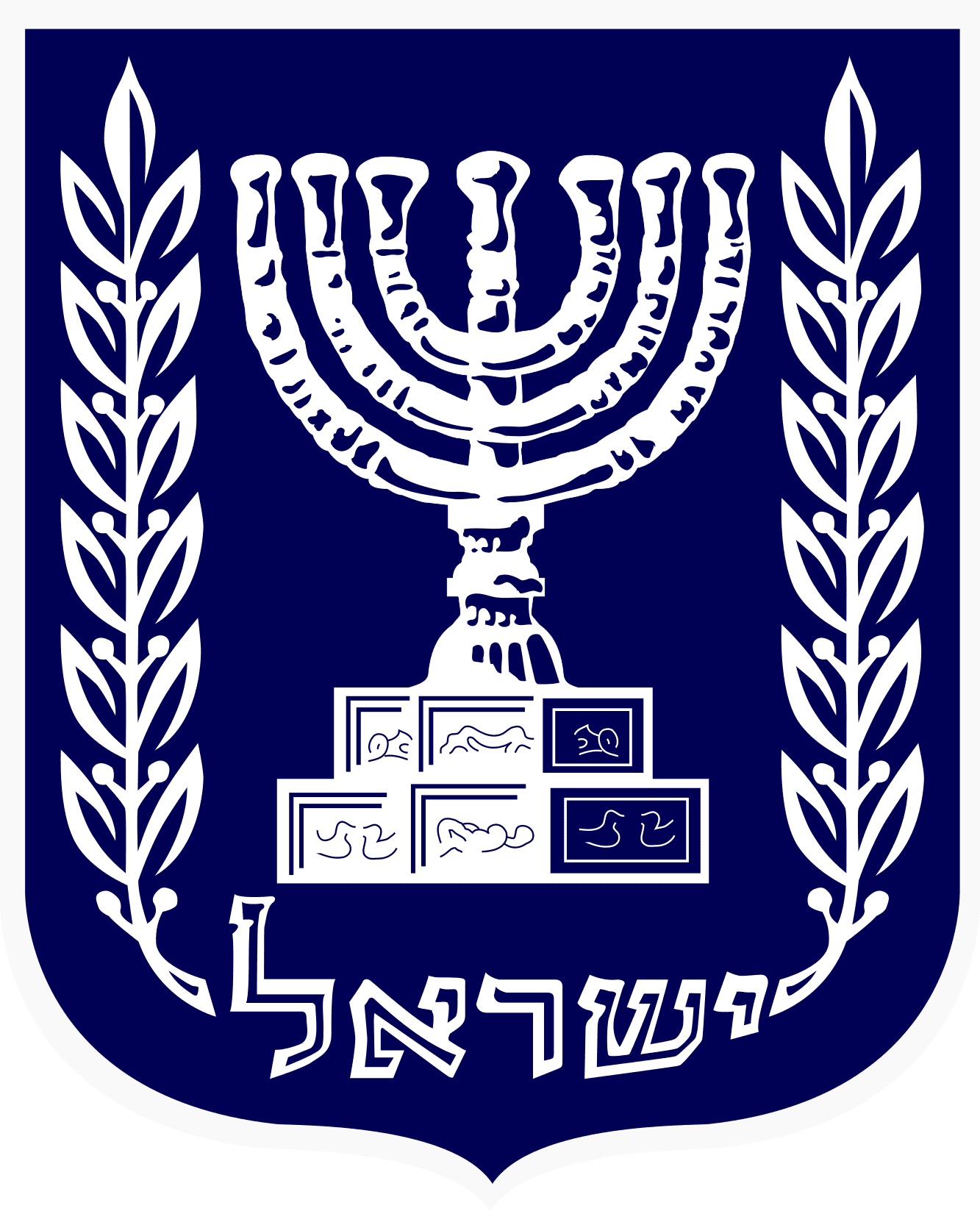RELIGIOUS VALUE OF NATIONAL INDEPENDENCE
By Rabbi Moshe Kaplan
Once we understand that the Torah is the “Constitution” of the NATION of Israel in the Land of Israel, we can better appreciate the religious value of our own sovereign national statehood – Medinat Yisrael. After living for 2,000 years without a state and our national institutions, we became to view Torah as guidance for the individual – Shabbat, Tefillin and kosher food. This abnormal existence, without our unique and holy Homeland, became our only reality. Gradually, as years passed in foreign lands, we began to believe that there was nothing more to Torah than ritual precepts. The truth is, however, that Judaism is not just a religion for individuals, but first and foremost we are to be, “A KINGDOM of Priests and a Holy NATION.” We were created to praise Hashem as a NATION, not merely as individuals, as Hashem declares: “This NATION have I created unto Me, they shall tell My praise” (Yishayahu 43:21). The national statehood in the Land of Israel is the vehicle which receives and expresses G-d’s Name and Ideal in the world.
Without the vehicle of a Jewish State in the Land of Israel, Hashem’s light and blessing (the Shechinah) does not appear in the world. Instead, when the Jewish People are scattered all over the world as minorities in foreign countries, the Name of Hashem is disgraced. That is why the Prophet Yechezkel calls the Exile a desecration of G-d’s Name (Yechezkel, Ch. 36). The once great Israelite Kingdom has been shattered. It seems as if the Gentile nations are more powerful than Hashem. Without our own Homeland, Yechezkel envisions the exiled House of Jacob as a valley of scattered dry bones. Only when the bones rise up and join together with the return of Hashem’s children to Israel does the life of the Jewish Nation return and Hashem’s Name and honor become sanctified in the world.
Thus we see that nationhood according to Torah sources is not a new, secular idea of Herzl, or simply a political aspiration embodied in the Zionist Movement. Rather it is the Divine Goal and ultimate fulfillment of the Torah. The pinnacle of our being a light to the nations can only materialize when we return to Zion, as it says, “For from Zion shall go forth the Torah and the word of the L-rd from Yerushalayim.” Jewish independence in Eretz Yisrael ushers in the Messianic era, as our Sages said: “The only difference between this world and the days of the Mashiach is the (end of) subordination to other kingdoms” (Berachot 34b, and see the Rambam, Laws of Kings, 12:2). An independent Jewish government is thus not just a political mechanism of maintaining security and order, or a system to facilitate the improvement of the lives of its citizens, but rather the beginning of the Redemption, as the Rambam writes, citing the ingathering of the exiles as the sign of Mashiach’s awakening. He clearly states that the return of Jews to Eretz Yisrael is itself the Messianic process and the first sign of Redemption. In fact, the Rambam in many places emphasizes the importance of Malchut Yisrael, Jewish kingdom. He states that we celebrate Hanukah because “Malchut Yisrael returned for over 200 years” – even when those 200 years included a kingdom of Kohanim, not of Davidic descent, and also the reign of Herod, who was not the most righteous man, to put it mildly, after killing the rabbis of his time! When delineating the reasons we fast and mourn of Tisha b’Av, the Rambam (Ta’aniyot 5:3) elaborates at length on the destruction of Jewish nationhood which occurred upon the fall of Beitar and “the great king” of Israel (Bar Kochba), comparing it to the destruction of the Temple! He also states there (5:2) the reason for the fast of Gedaliah is because it was the fall of the last remnant of Jewish self-rule. Furthermore, the Ramban (Supplement to the “Sefer HaMitzvot” of the Rambam, Positive Mitzvah 4) defines the Torah commandment to the settle the Land of Israel as “not leaving it in the hands of any other nation,” which means the establishment of Jewish sovereignty over Eretz Yisrael. The Gemara in Tractate Megilla (14a) says the reason we don’t say Hallel on Purim is because we were still subordinate to Achashverosh and thus cannot say that we are servants of G-d! When we are under foreign rule our inner national content cannot come to full expression, similar to a great artist whose hands are tied behind his back who cannot reveal his talents. Thus the existence of a Jewish State magnifies G-d’s Name which is revealed precisely through our Statehood in Israel.
Bezrat Hashem, in our next essay we will explain this understanding in greater depth, hopefully learning to see the great spiritual value of Medinat Yisrael, even in its present largely secular format, as a stage in the rebuilding of the ideal Kingdom of Israel as described in the Torah, may it be soon.






